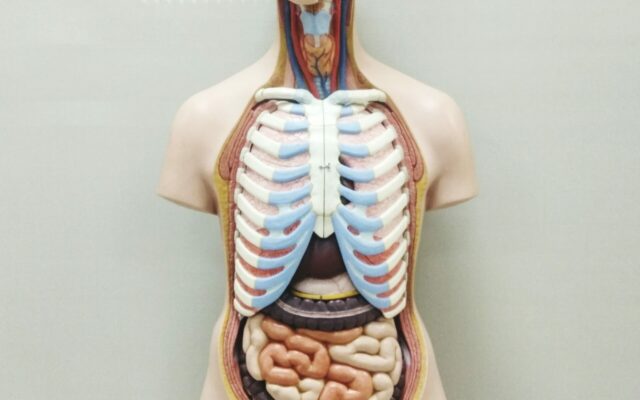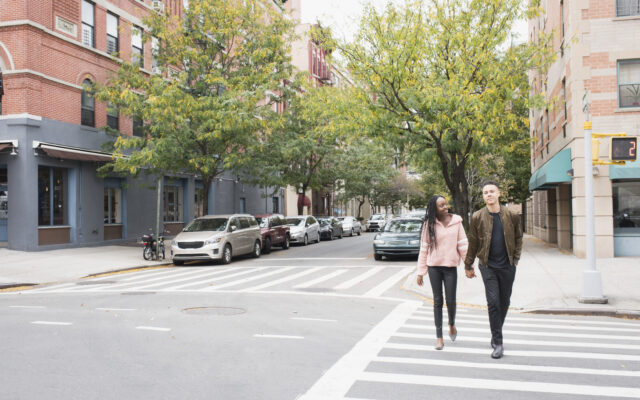Your Body Explained

Why do I wake up in the morning with gunk in my eyes? That crusty stuff is actually just dried tears. Your tear glands are constantly watering your eyes to flush out irritants. While you’re awake, the act of blinking wipes tears away before they can build up, but when your eyes are closed at night, the dried tears accumulate inside the corners.
• Why do I get goose bumps during scary movies? Goose bumps are produced by piloerection, a reflex that contracts the muscles around the base of each hair follicle, causing the hair to stand up (and small bumps to emerge. Watching a horror flick in an air-conditioned theater provides the perfect setup for piloerection: You’re not only frightened, you’re also probably freezing.
• Why do my fingers and toes wrinkle in the water? Here’s the leading hypothesis: The top layer of your skin absorbs more water than the layers beneath, increasing its surface area. Since the newly baggy skin is still attached to the non- bloated layers, it bunches up, causing a prunelike effect.
• Why does my nose run when it’s cold outside? Your nose helps perform a kind of climate control by heating and humidifying the air that you inhale so that it better matches the moist, warm conditions inside your lungs. Glands in your nose produce secretions that add moisture, and blood vessels in your nose dilate to warm the incoming air, acting like miniature radiators. When you breathe super-frigid air, those phenomena are amplified, leading to runniness. Second, when you exhale warm, moist air out into the cold world, some of the -moisture condenses into droplets of water, which collect at the tip of the nose and add to the drip.
• What are hiccups, exactly, and how can I stop them? A hiccup is an involuntary contraction of the diaphragm and the muscles between your ribs. Any short-term hiccupping is called a “bout” and is usually the result of overeating or drinking carbonated beverages (other causes include sudden excitement, stress, or too much alcohol). Traditional remedies for bouts include holding your breath, sipping cold water, gargling, swallowing a teaspoon of dry sugar, gently pressing on your eyeballs, or leaning forward to compress your chest.
• Why is it impossible to tickle yourself? The answer lies within the brain’s cerebellum, which helps to monitor body movement. Scientists from University College in London found that the cerebellum can predict how self-administered touches will feel and alerts other tickle-sensitive areas of the brain. Since a truly successful tickle requires an element of surprise, this early-warning system makes self-tickling an exercise in futility.



